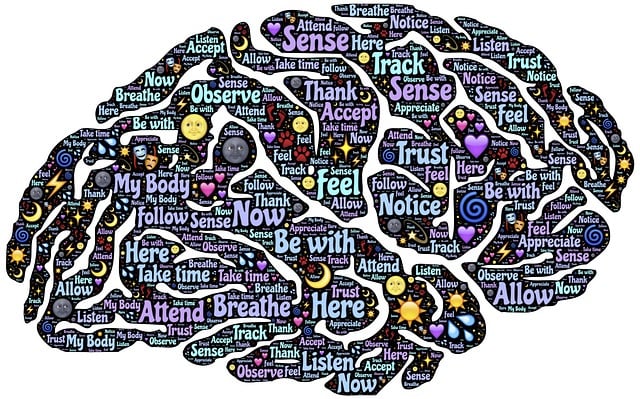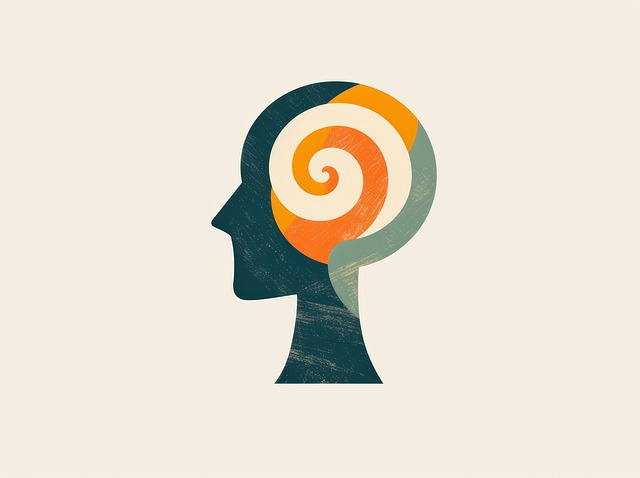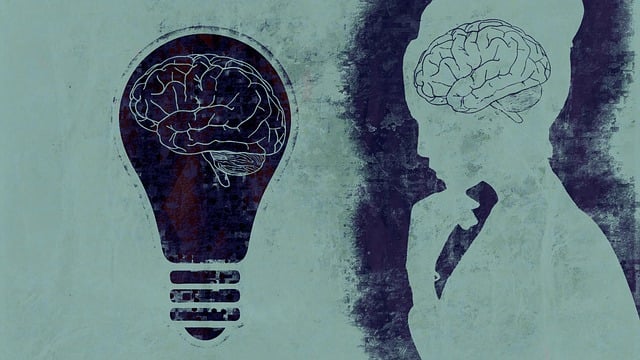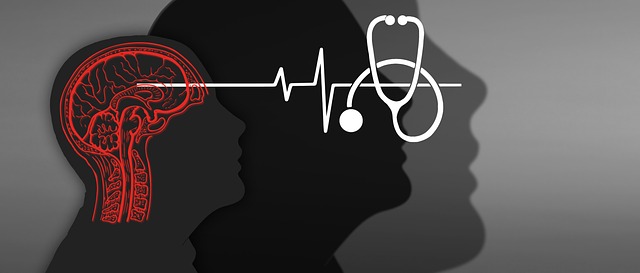Lakewood Phobias Therapy provides personalized counseling for individuals dealing with loss, grief, and bereavement. Using evidence-based strategies like CBT and mindfulness, their approach includes risk assessments, conflict resolution, and cultural sensitivity to help clients navigate intense emotions, develop coping mechanisms, and build resilience during this challenging period. The therapy supports both individual and group sessions, focusing on emotional expression, perspective gain, and reconstruction of routines.
Loss, grief, and bereavement are inevitable aspects of life that can profoundly impact our mental well-being. This comprehensive guide explores these complex emotions, offering a deep dive into understanding loss, recognizing its effects on mental health, and providing valuable tools for healing. We delve into the role of counseling as a supportive mechanism, highlighting strategies for coping with grief and addressing specific fears and anxieties during bereavement, including Lakewood Phobias Therapy.
- Understanding Loss, Grief, and Bereavement: A Comprehensive Overview
- The Impact of Loss on Mental Health: Recognizing the Signs
- Counseling as a Supportive Tool: Strategies for Healing
- Lakewood Phobias Therapy: Addressing Fear and Anxiety During Bereavement
- Effective Coping Mechanisms: Navigating the Journey of Grief
Understanding Loss, Grief, and Bereavement: A Comprehensive Overview

Loss, grief, and bereavement are complex and deeply personal experiences that impact individuals differently. Understanding these concepts involves recognizing that loss can result from various sources, including the death of a loved one, significant relationship endings, or even the loss of a job or health. Grief is the emotional response to this loss, characterized by feelings like sorrow, anger, guilt, and loneliness. Bereavement refers to the period after a significant loss when individuals navigate their new reality without the presence of what or who was lost.
At Lakewood Phobias Therapy, we emphasize the importance of comprehensive support for those dealing with loss. Our approach includes risk assessments for mental health professionals to ensure safe and effective practice, incorporating conflict resolution techniques where needed. Additionally, we promote mindfulness meditation as a tool to help individuals process their emotions, gain perspective, and cultivate resilience during this challenging time.
The Impact of Loss on Mental Health: Recognizing the Signs

The impact of loss on mental health cannot be overstated. When faced with the profound absence of a loved one or a significant life change, individuals may experience a range of intense emotions, from grief and sadness to anger, guilt, and even despair. These feelings are normal responses to loss, but prolonged or severe distress can indicate underlying mental health issues that require professional attention. Recognizing the signs is crucial for effective navigation through this challenging period.
Many people struggling with loss may exhibit symptoms such as persistent sadness, insomnia, changes in appetite, fatigue, difficulty concentrating, and recurrent thoughts of the deceased. In some cases, individuals might also develop Lakewood phobias therapy-related conditions like anxiety or depression. However, it’s important to note that everyone copes differently. Through a thorough Mental Health Policy Analysis and Advocacy, professionals can help those in bereavement identify and manage these signs effectively. Self-Care Routine Development for Better Mental Health is another vital practice, encouraging individuals to prioritize their well-being during such trying times. Compassion Cultivation Practices have also shown promise in fostering resilience and healing in the face of loss.
Counseling as a Supportive Tool: Strategies for Healing

Counseling plays a pivotal role in supporting individuals through the complex process of loss, grief, and bereavement. At Lakewood Phobias Therapy, our therapists employ evidence-based strategies tailored to each client’s unique needs. These methods include exploring feelings and memories, developing coping mechanisms, and fostering a sense of connection—all essential elements for healing. By integrating techniques such as cognitive behavioral therapy (CBT) and mindfulness practices, we help individuals navigate the stages of grief, find meaning in their loss, and cultivate resilience.
In addition to individual counseling, our healthcare provider cultural competency training empowers us to offer sensitive and inclusive support. We recognize that cultural beliefs and traditions can significantly impact how one processes grief. Therefore, we adapt our approaches to respect diverse perspectives. Furthermore, by incorporating conflict resolution techniques into our practice, we help clients address interpersonal challenges arising from loss, fostering a sense of peace and understanding within their support systems.
Lakewood Phobias Therapy: Addressing Fear and Anxiety During Bereavement

Loss, grief, and bereavement counseling is a compassionate field that offers support to individuals navigating intense emotions after a significant loss. Within this realm, Lakewood Phobias Therapy emerges as a specialized approach, focusing on addressing fear and anxiety that often accompany the grieving process. This therapy provides a safe space for clients to explore and manage their emotions, particularly when faced with the overwhelming feelings associated with bereavement.
By incorporating cultural sensitivity in mental healthcare practice, compassion cultivation practices, and burnout prevention strategies for healthcare providers, Lakewood Phobias Therapy ensures a tailored and supportive experience. It recognizes that grief is a universal human experience but can be profoundly impacted by individual and cultural factors. Thus, this therapeutic approach not only targets specific phobias or anxieties related to loss but also respects the diverse backgrounds and unique journeys of each client.
Effective Coping Mechanisms: Navigating the Journey of Grief

Navigating the journey of grief is a complex process that requires a toolkit of effective coping mechanisms. At Lakewood Phobias Therapy, we understand that every individual experiences loss differently and there’s no one-size-fits-all approach to healing. Our counselors are trained in helping folks discover and develop their inner strength as they confront their grief. This might involve exploring healthy ways to express emotions, practicing mindfulness techniques for mood management, and learning how to reconnect with daily routines that provide comfort and stability.
Through individual or group therapy sessions, clients can explore the stages of grief, process complex feelings, and learn coping strategies tailored to their unique experiences. Mental Health Policy Analysis and Advocacy plays a crucial role in ensuring accessible resources for those struggling with bereavement, fostering an environment where individuals feel empowered to build resilience and develop inner strength as they navigate this challenging period.
Grief and bereavement are complex processes, but with the right support, individuals can navigate their emotional journeys. This article has explored various aspects of loss, from understanding grief to recognizing mental health signs and employing effective coping mechanisms. Counseling, particularly Lakewood Phobias Therapy, emerges as a powerful tool to address fear and anxiety during bereavement, providing strategies for healing. By acknowledging the impact of loss and utilizing available resources, individuals can find solace and gradually heal their hearts.














